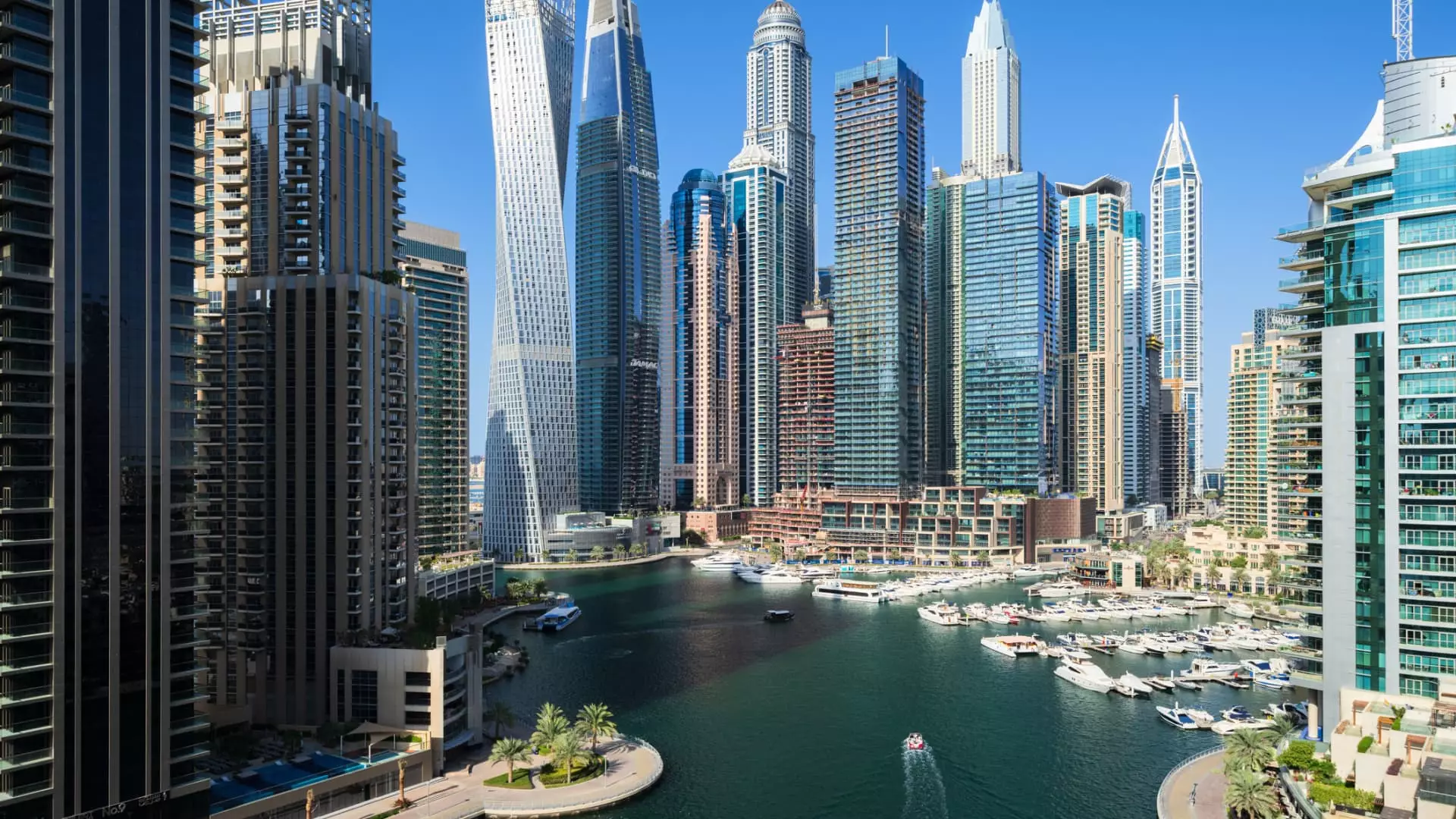Dubai’s real estate market is currently experiencing unprecedented growth, with 2024 projected to be another record-breaking year in terms of sales and property values. According to local real estate firms, the increasing demand for property, particularly in the luxury segment, is driving up prices across the city. This surge in demand comes at a time when the United Arab Emirates is poised to become the world’s top destination for wealth for the third consecutive year. However, this rapid growth may not be all positive, as Hussain Sajwani, chairman of Damac Properties, expressed concern about the implications of Dubai becoming an expensive city.
The Concerns of Hussain Sajwani
Sajwani highlighted the challenges that come with a booming real estate market, such as increased competition for school placements and rising inflation rates. He emphasized the need for the government to intervene and find solutions to mitigate the growing cost of living in Dubai. Sajwani’s apprehensions about the city’s affordability stem from the continuous influx of residents, both wealthy and talented individuals, which is driving up demand and subsequently prices in the property market. Despite his concerns, Sajwani acknowledged Dubai’s appeal as a global city attracting a diverse range of people from different backgrounds.
Recent data on Dubai’s property market paints a picture of soaring demand and sales figures. In July 2024, property sales totaled 49.6 billion dirhams ($13.5 billion), representing a significant 31.63% increase compared to the same period in 2023. Elite Merit Real Estate reported that the first half of 2024 witnessed over 43,000 property transactions valued at approximately AED122.9 billion, indicating a 30% surge from the previous year. The report attributed this growth to the quick absorption of new inventory, with around 80% of units launched since 2022 already being sold.
Sajwani praised Dubai’s resilience and adaptability during the Covid-19 pandemic, highlighting the emirate’s proactive measures to attract new residents and businesses. By offering visas for remote workers and entrepreneurs, Dubai positioned itself as a desirable destination for those seeking a change of scenery and lifestyle. The city’s ability to maintain its appeal amid global lockdowns and restrictions enhanced its reputation as a vibrant and welcoming place for individuals from various walks of life.
Regulatory Safeguards for Stability
Reflecting on Dubai’s tumultuous history with market crashes, notably the 2008-2009 financial crisis, Sajwani expressed confidence in the current regulatory framework. He credited the Dubai government for implementing stringent regulations that ensure transparency and accountability among developers, customers, and zoning authorities. The stricter oversight imposed post-crisis has contributed to a more stable and secure real estate market, reducing the likelihood of a repeat of past turmoil. Sajwani affirmed that Dubai is now better equipped to weather economic fluctuations and maintain its position as a global hub for investment and growth.
While Dubai’s property market continues to thrive and attract investors globally, concerns about affordability, inflation, and sustainability linger. As the city grapples with the challenges of rapid growth and heightened demand, finding a delicate balance between expansion and regulation is essential to safeguarding its long-term prosperity. Only time will tell whether Dubai’s real estate boom will lead to sustainable development or potential overheating in the market.


Leave a Reply